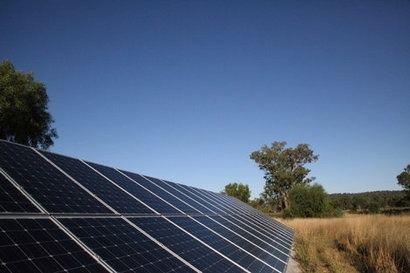
The data reveals only 20 percent of projects remain in development statuses that could see projects coming to fruition, meaning they are now at the planning submitted, awaiting construction or under construction stages.
While the overall number of renewables applications has seen a rapid increase, the approval rate remains low, with a growing trend of "non-progressing projects”. No region in Great Britain is currently exceeding a 20 percent success rate of projects proceeding through planning.
The low success rate of applications has been put down, in part, to an increasingly number of speculative applications being submitted. Industry reports show a rise in so called “phantom projects” in these cases, developers submit multiple applications for many sites, with the expectation being that very few will connect. These speculative and duplicate applications have seen the connections queue grow, increasing the work needed to progress projects.
These findings raise concerns about the pace of renewable energy development in Great Britain. Streamlining the grid connections process and addressing speculative applications will be crucial to ensure a more efficient and successful path forward for renewable energy projects.
“The UK has set ambitious targets to boost renewable energy capacity” said Lucy Dolton, Assets and Infrastructure Manager at Cornwall Insight. “These figures reveal a substantial shortfall in meeting these targets, something which is largely driven by the slow pace of progress in deploying renewable energy projects. The total capacity of projects in the grid connection queue is currently well in excess of what is necessary for net zero generation capacity. However, considering the lengthy process for projects to progress through planning and gain grid connections, and the current volume of projects that are unsuccessful, the amount of this capacity that will ultimately connect could be much lower than the pipeline of projects suggests. It’s clear that an increasing number of the applications submitted are speculative, raising the numbers in the connections queue, and creating obstacles for projects that are mostly ready to connect. It is positive to see the work being undertaken across industry regarding reforming the connections process, addressing grid congestion for both new projects and the existing connection queue. The scale of the challenge is significant, but timely and measured changes will be key for maintaining momentum in the deployment of renewables across the UK.”
For additional information:

